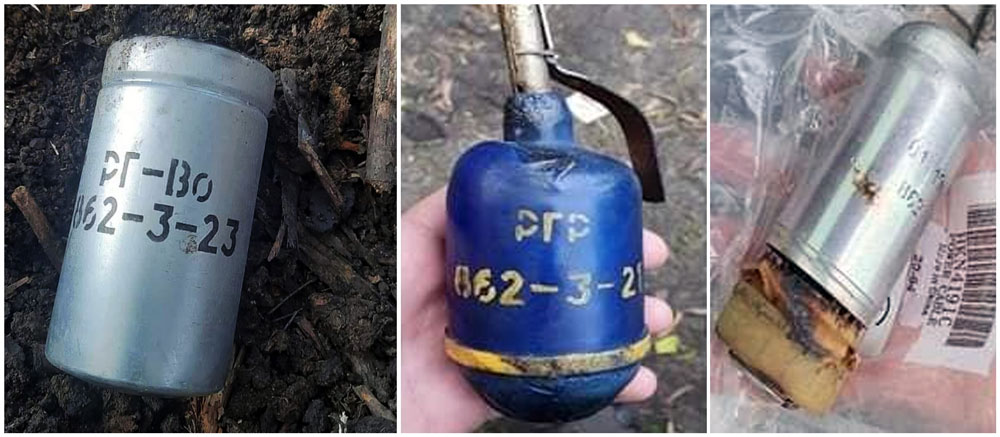UK sanctions Russian generals and military lab for chemical warfare in Ukraine

The UK has imposed new sanctions on Russian chemical weapons use in Ukraine, targeting two senior Russian generals and a military research institute accused of supplying banned toxic agents. The designations come amid growing evidence that Russia’s battlefield tactics increasingly rely on prohibited substances.
UK targets Russian military command and weapons supplier
On 7 July 2025, the UK government updated its sanctions list to include Russia’s Major General Aleksey Rtishchev and Major General Andrei Marchenko. Both serve in Russia’s Radiological, Chemical and Biological Defense Troops—Rtishchev as Head, Marchenko as Deputy Head—and are accused of being responsible for or supporting the use and transfer of chemical weapons in Ukraine.
According to the UK government, these troops have played a direct role in chemical warfare. The sanctions include an asset freeze and trust services ban, intended to block any UK-linked financial dealings with the officers.
Facility supplied banned weapons, generals oversaw their use
In the same action, the UK also sanctioned the Joint Stock Company Federal Scientific and Production Center Scientific Research Institute of Applied Chemistry. Based in Moscow Oblast, the research institute is accused of supplying RG-Vo riot control agent grenades to the Russian military, which were then used against Ukraine in breach of the Chemical Weapons Convention.
The UK describes the institute as directly supporting Russia’s illegal warfare tactics by enabling access to chemical munitions. The lab, originally founded in 1945 and incorporated in 2011, is now under full sanctions including an asset freeze and restrictions on trust services.
The UK has also backed Ukraine’s defense efforts with a £400,000 voluntary contribution to the Organization for the Prohibition of Chemical Weapons, aimed at boosting protective equipment, training, and logistics.
Russia’s chemical warfare in Ukraine
Ukrainian military intelligence previously reported that Russian forces have increasingly used poison gas munitions on the frontline.
Ukraine’s General Staff stated in January that the use of dangerous chemical substances had become systematic, with over 5,300 documented incidents since February 2023.
Read also
-
Sanctions hit harder than bombs: Russian courts reveal systemic failure in weapons supply
-
Russia’s chemical weapons use in Ukraine now “large-scale,” intelligence shows
-
“Lilac” CS gas, outlawed since 1925, is now Russia’s silent weapon in Dnipropetrovsk trenches
-
UK to sanction 100 Russian oil tankers in biggest ever shadow fleet crackdown